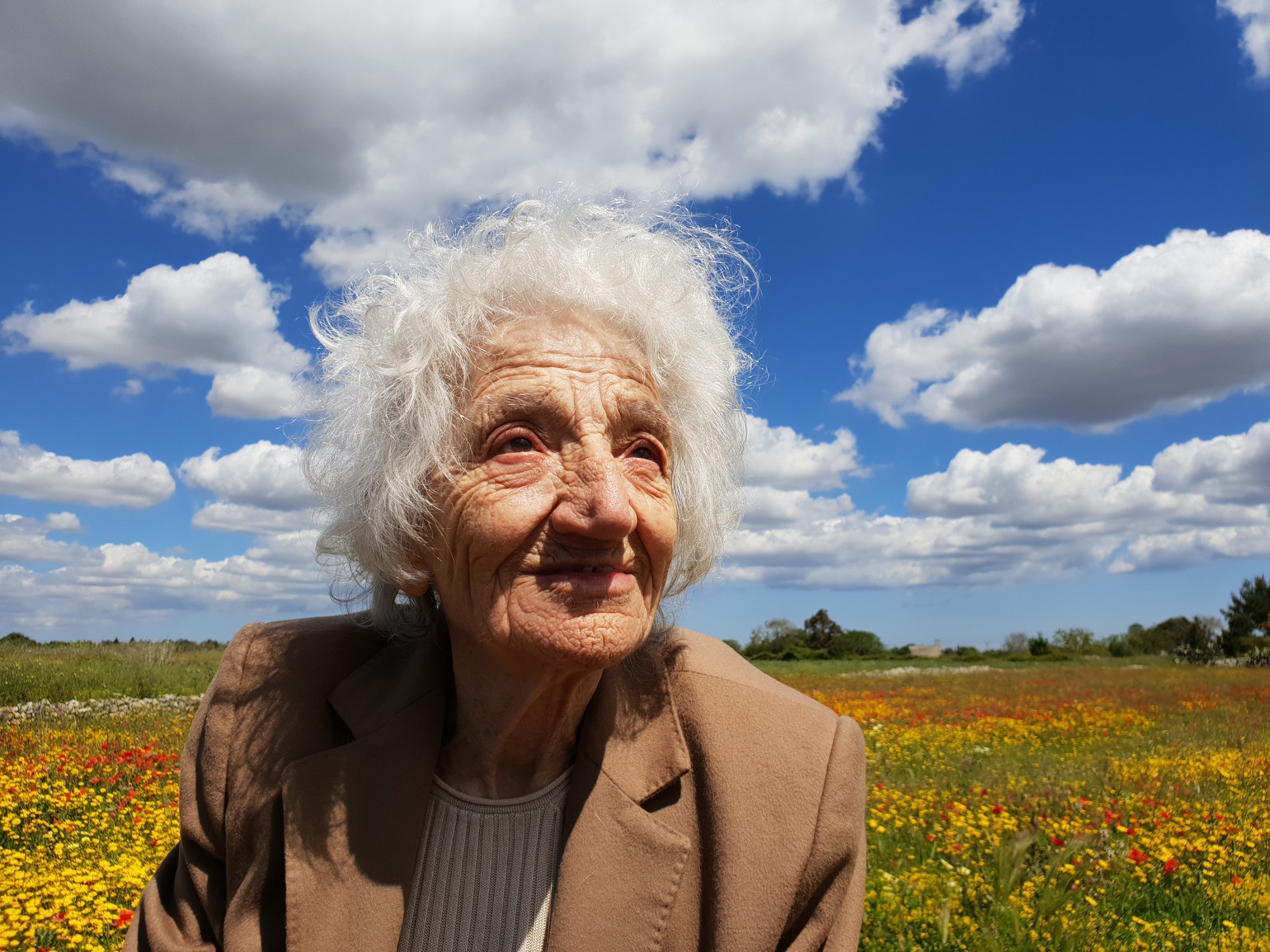
- Industry
Cecilia Mangini Retrospective at the Academy Museum
Italian documentary film director Cecilia Mangini, legendary and little known at the same time, is honored with a retrospective at the Academy Museum called “Rare Takes: The Works of Cecilia Mangini” from March 5 – 20, 2022. It will happen a year after her death in Rome on January 21, 2021 – she was 93.
Mangini was the first female documentary filmmaker in Italy, and with her socially and politically engaged eye, one of the most influential overall. She was a gifted artist, and a key figure in Italian documentary cinema, but like many other wayfarers, her work has not been too widely seen.
There are many ways of looking at and presenting her long life and diverse directorial output, which began in the late 1950s before stopping in the mid-1970s when the flow of public funding for documentaries was dammed by the Italian government – the latest in a line of attempts to censor her work. Her 1965 Essere donne (Being Women), backed by Italy’s Communist Party, was removed from cinemas on the grounds of technical and artistic deficiency. She would remain a filmmaker in other capacities, and a public figure, eventually returning to directing in the 2010s with a series of films co-directed with Piero Panseili.
Mangini, whose 1962 All’armi siam fascisti! is a cult movie among connoisseurs, worked closely and frequently with her creative and life partner, Lino Del Fra, and the great Pier Paolo Pasolini. One particular collaboration, La Canta delle Marane (1962), is a wonderfully loamy exhortation of youthful peacocking and rebellion, reminiscent of Pasolini’s debut novel Ragazzi di vita (1955).
Rare is perhaps the best word to describe the works of Mangini because, despite her greatness, her films are hard to find. They are rare too, in their form, which combines a poetic sensibility with an anthropological study of Mangini’s own Italy and its people, especially workers, “the outcasts of modernity.”
Curated for the Academy by Kiva Reardon, the Museum’s associate director of film programs, “Rare” showcases the best of Mangini’s body of work, from All’armi siam fascisti! which questions the role of the Catholic Church in the rise of fascism and doesn’t hesitate to call out how right-wing politics were still present in the country; to 1965’s Essere donne (Being Women), a radically feminist look at the condition of women in the ’60s in Italy; and the last film before her death, co-directed with Paolo Pisanelli, The World in Shots, an ode to the art of photography, images, and cinema. There is also the short My Travels with Cecilia and Tommaso, on the grinding nature of industrial labor.
“Our retrospective came about in connection with a feminist film magazine called ‘Another Gaze’, which organized an online retrospective of Cecilia’s work in 2021,” curator Reardon says. “I admit I never heard of her before, and I was amazed by the quality and impact of her work as a documentary and feminist filmmaker. Cecilia is a true cinema pioneer.”
Mangini died over a year ago, and the opportunity for a more timely retrospective didn’t work with the Academy, Reardon explains. “But we felt compelled to present this series, which includes her archival films and her short films. We are not showing all of them, of course, though it’s a really fascinating body of work that’s been preserved. When I discovered her, I wanted to know more, and I started digging and found the connection with Pier Paolo Pasolini [to whom the Academy is dedicating an entire retrospective in conjunction with Cinecitta], who wrote her first two shorts. So, they have a complete and fascinating overlap.”
Mangini’s work is still very significant today, adds Reardon. “I love road movies, so something like My Travels with Cecilia is exactly the kind of film I love. It travels through physical space but also through time and memory. And then seeing her in her 80s still going to protests and condemning fascism and condemning these political cultures that are still happening and still so prescient was amazing to see. I think is great when someone remains so curious and remains so politically engaged all the way through their life. Her continuous engagement in the social and political discourse is what makes her still so significant today.”
Reardon explains that the series was possible thanks to the collaboration with Cinecitta which provided the prints of her later titles, and the Cineteca di Bologna which provided the shorts. “Rare” will end March 20 at the Academy Museum with the screening of All’armi siam fascisti.

